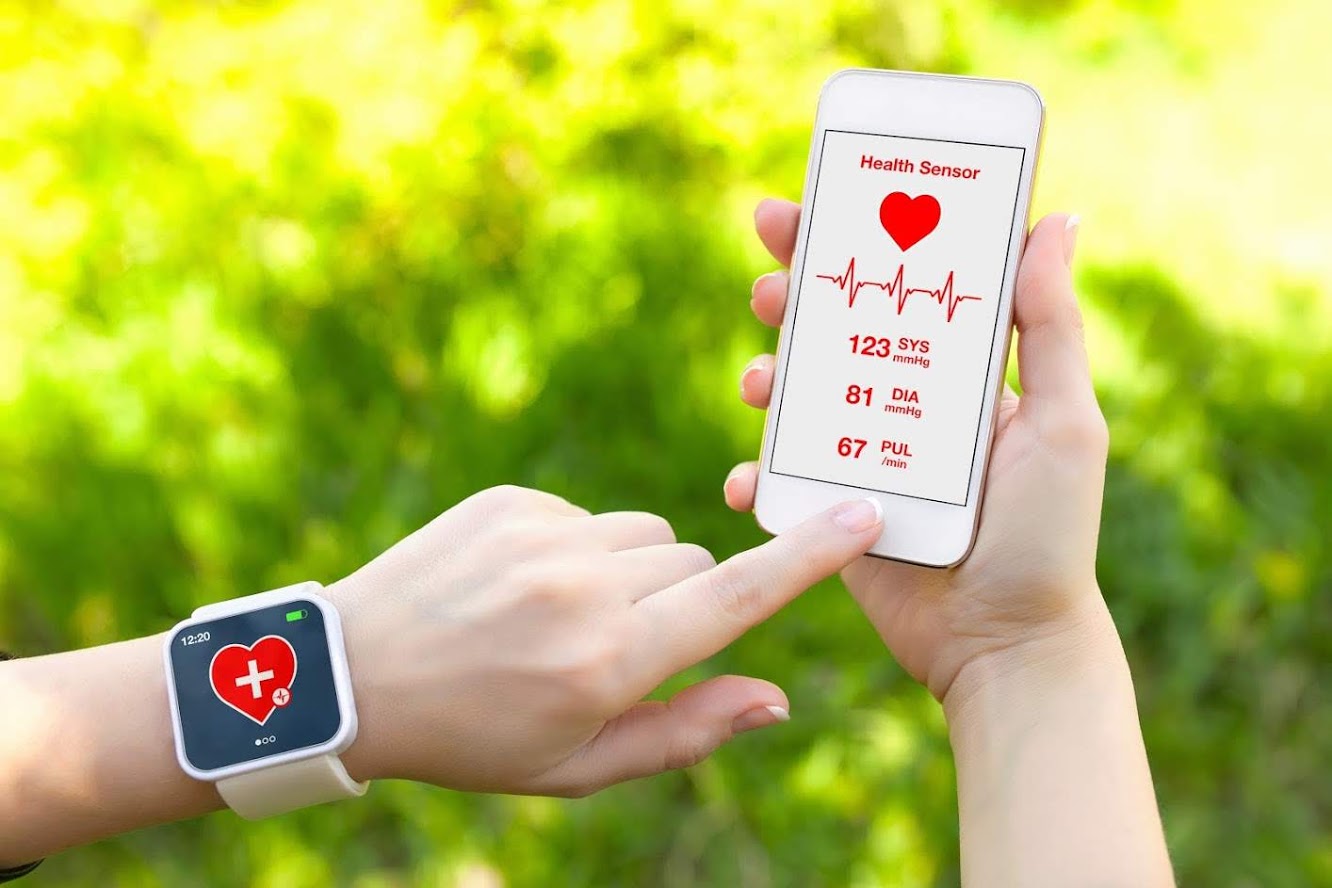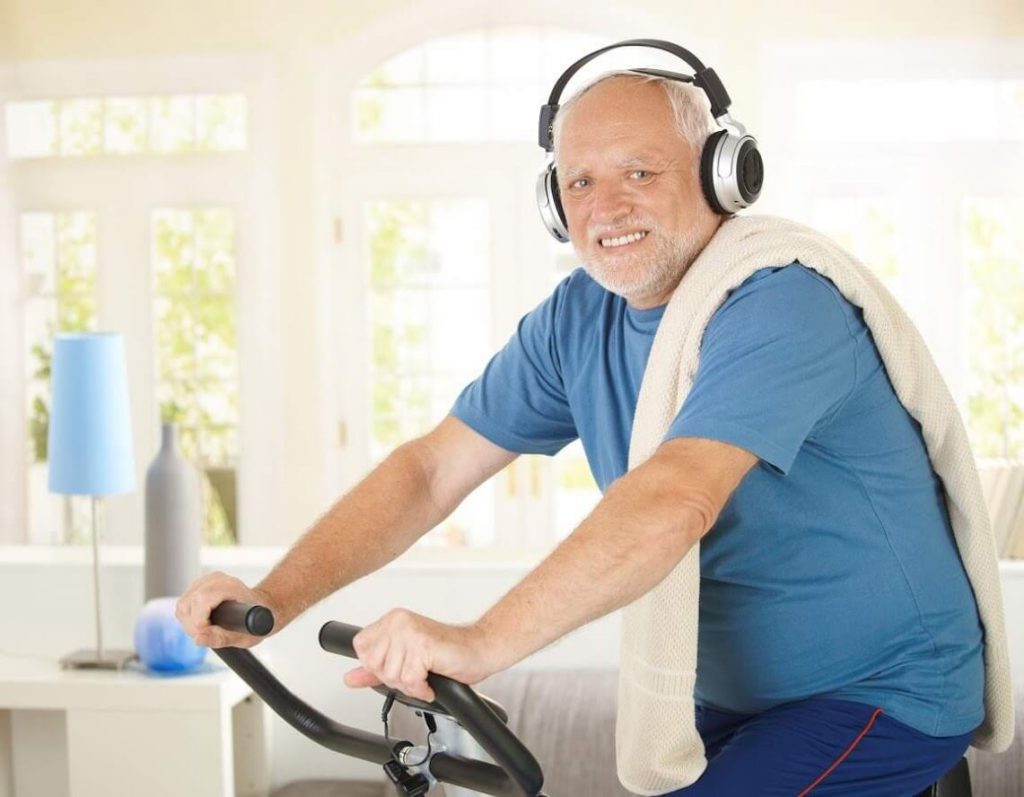How to Take Care of Your Heart Health
You can do a lot to take care of your heart and reduce the chances of developing cardiovascular problems in the future. Even if you just start by making a few simple changes, you should soon start to feel healthier and more in control of your health. You might find it easier to make more or bigger changes once you’ve succeeded with some small ones first.

Cut Out Your Bad Habits
Smoking is one of the most harmful things you can do to your heart. Giving up smoking can make a significant difference to your chances of developing cardiovascular disease. Other bad habits that can be harmful for your heart include drinking too much alcohol and overindulging in unhealthy foods. Cutting back is a great way to take care of your heart.
Manage Your Stress
Stress can take a heavy toll on your physical health. It can make you more likely to indulge in your bad habits, temporarily raises your blood pressure, and can trigger certain heart conditions such as arrhythmias if you are at risk. You should try to eliminate sources of stress in your life, when possible, or find ways of managing them. Talking about your worries, practising mindfulness, or setting some time aside to relax or do something you enjoy can help.
Lose Any Excess Weight
Being overweight can increase your chances of developing cardiovascular problems but you can reduce the risk by reaching and maintaining a healthy weight. It can be a good idea to focus on eating well so that you can achieve this goal steadily rather than trying to rush it with a strict diet. Try to make changes that you’ll be able to stick to in the long term in order to keep your heart and body healthy.
Keep Active
Exercise is great for your heart. As well as helping you to lose any extra weight, regular physical activity can strengthen your heart, improve blood flow, and help reduce blood pressure. Most people should aim to exercise for at least 150 minutes a week, but you should ask your doctor for advice if you have any health problems or you’re new to exercising. Good activities for your heart including walking, swimming, jogging, and cycling, but there are plenty of other types of exercise that can help to get your heart pumping. You should gradually increase the amount and intensity of exercise as you get fitter.
Understand Your Cardiac Risks
Following these general tips on cardiac care will help everyone, but you can also get more personalised advice through heart screening. Cardiac Screen can check for any underlying issues such as high cholesterol or high blood pressure that could increase the chances of developing certain conditions. We’ll provide personalised advice on what you can do to address the specific risk factors identified during screening. Cardiac screening tests can also detect any hidden heart problems that might need treatment to prevent them from becoming worse. We’ll provide all the cardiac care you need to look after your heart.










